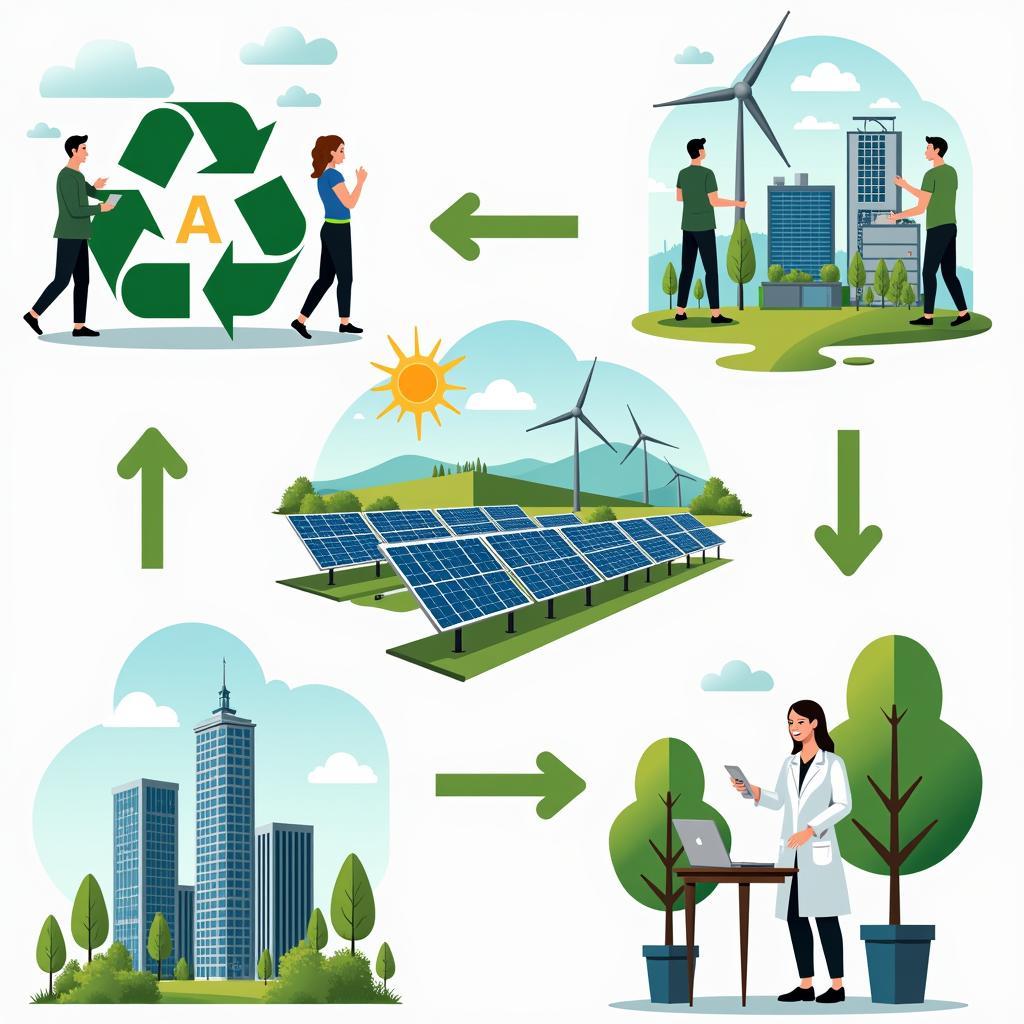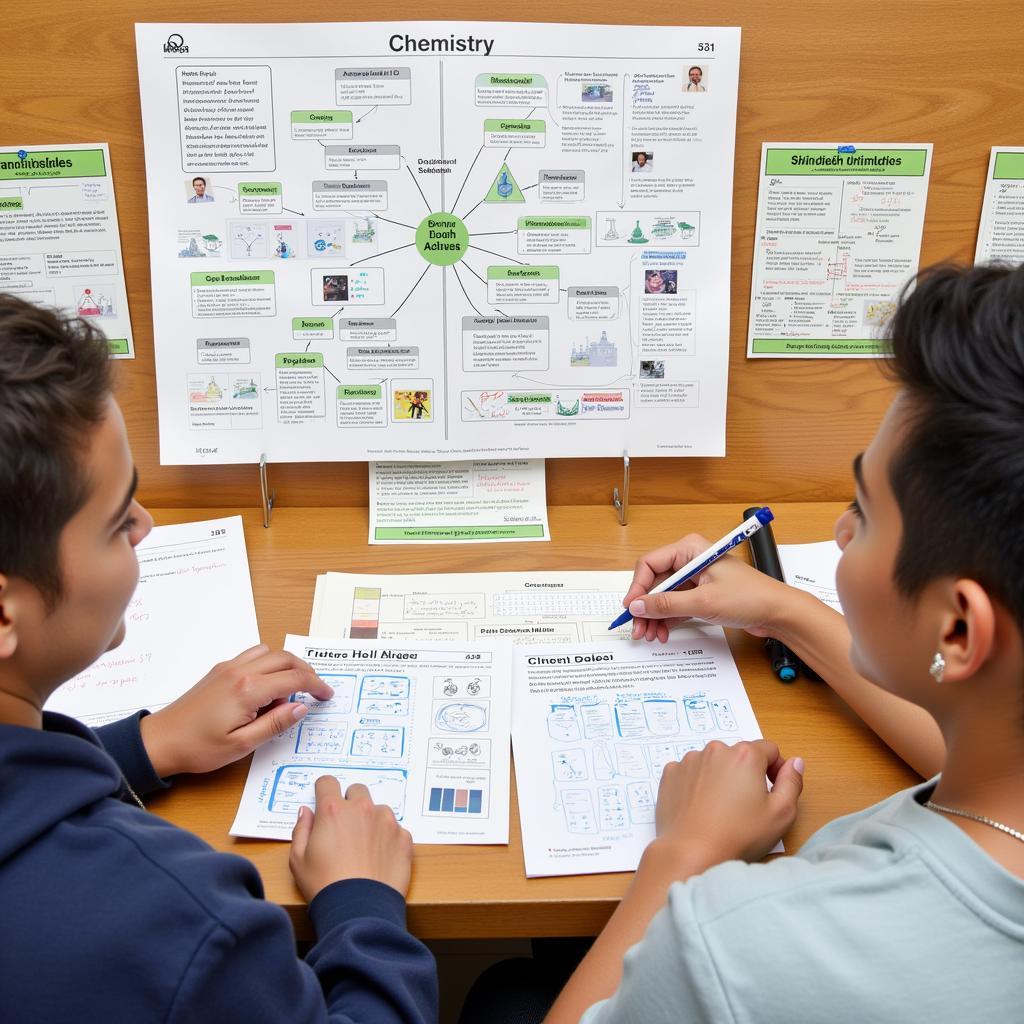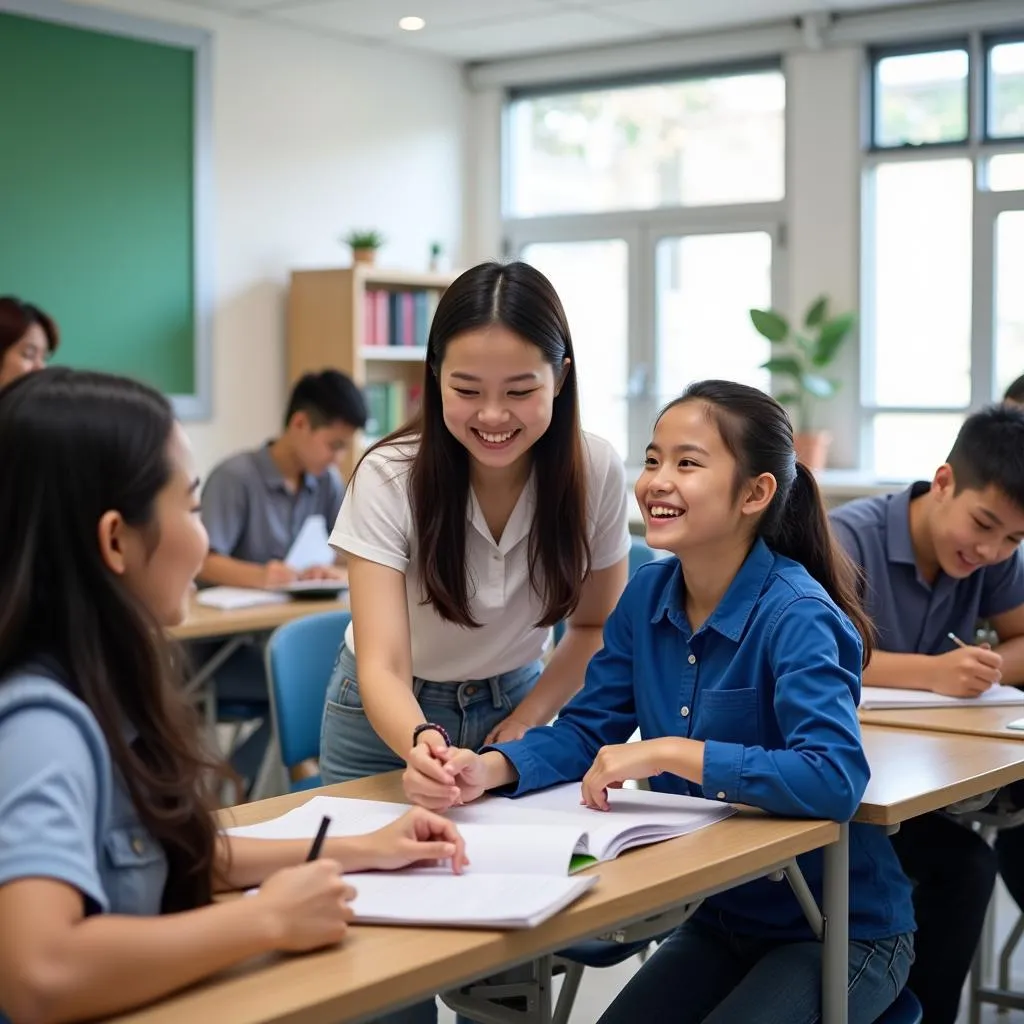Environmental pollution, a critical issue impacting our planet, stems from a multitude of factors. Understanding the “causes of environmental pollution in English” is crucial for addressing this global challenge effectively. This article delves into the various sources of pollution, exploring both natural and human-induced causes.
Natural and Human-Induced Causes of Environmental Pollution
Pollution, whether air, water, or land, arises from both natural occurrences and human activities. While natural events like volcanic eruptions and forest fires contribute to pollution, human actions are often the primary culprits.
Natural Causes of Environmental Pollution
- Volcanic Eruptions: Volcanic eruptions release vast amounts of ash and gases into the atmosphere, contributing to air pollution.
- Forest Fires: Natural forest fires, ignited by lightning or dry conditions, emit smoke and particulate matter, polluting the air and impacting air quality.
- Dust Storms: Strong winds can lift large amounts of dust and sand, leading to dust storms that degrade air quality and visibility.
Human-Induced Causes of Environmental Pollution
Human activities are the major contributors to environmental pollution across its various forms. These include:
- Industrial Activities: Industries release pollutants into the air, water, and soil, causing significant environmental damage.
- Transportation: Vehicles emit exhaust fumes, contributing to air pollution and greenhouse gas emissions.
- Agriculture: Agricultural practices, such as the use of pesticides and fertilizers, can pollute water sources and soil.
- Deforestation: Clearing forests reduces the planet’s ability to absorb carbon dioxide, exacerbating climate change and impacting biodiversity.
- Waste Disposal: Improper waste disposal, including landfill overflow and plastic pollution, contributes to land and water pollution.
Addressing the Causes of Environmental Pollution: A Collaborative Effort
Understanding the “causes of environmental pollution in English” enables us to devise effective solutions. This requires a global collaborative effort.
Individual Responsibility
Every individual can play a role in reducing pollution. Simple actions like reducing, reusing, and recycling, using public transport, and conserving energy can make a difference.
Governmental Regulations
Governments play a crucial role in implementing policies and regulations to control pollution levels. Promoting sustainable practices and investing in renewable energy sources are vital steps.
Technological Innovations
Technological advancements can offer innovative solutions to mitigate pollution. Developing cleaner energy technologies and efficient waste management systems are crucial.
 Solutions to Environmental Pollution
Solutions to Environmental Pollution
Conclusion
Addressing the “causes of environmental pollution in English” is paramount to protecting our planet. By understanding the multifaceted nature of pollution, we can collectively implement effective solutions to mitigate its impact and ensure a sustainable future. Let us all contribute to a cleaner, healthier environment.
FAQ
- What are the main causes of air pollution? Industrial emissions, vehicle exhaust, and burning fossil fuels are major contributors.
- How does water pollution affect human health? Contaminated water can cause various diseases and health problems.
- What are the long-term effects of land pollution? Soil degradation, reduced agricultural productivity, and ecosystem disruption are some long-term effects.
- How can we reduce plastic pollution? Reducing plastic consumption, promoting recycling, and developing biodegradable alternatives are crucial steps.
- What is the role of deforestation in environmental pollution? Deforestation contributes to climate change by reducing carbon dioxide absorption and impacts biodiversity.
- What are examples of natural pollutants? Volcanic ash, radon gas, and forest fire smoke are examples of natural pollutants.
- How can individuals contribute to reducing pollution? Practicing the 3Rs (reduce, reuse, recycle), using public transport, and conserving energy are effective individual actions.
Situations and Questions
- Scenario: You notice a factory near your home emitting black smoke. Question: What actions can you take to address this issue?
- Scenario: Your local river is polluted with plastic waste. Question: How can you raise awareness and initiate a cleanup drive?
- Scenario: You are researching the impact of agricultural practices on water quality. Question: What are the key pollutants from agriculture, and how do they affect water sources?
Further Exploration
Explore related articles on our website regarding specific types of pollution, sustainable practices, and environmental conservation.
Call to Action
For assistance or further information, please contact us: Phone: 02223831609, Email: thptgiadinh@gmail.com. Or visit us at: Đ. Nguyễn Văn Cừ, Trang Hạ, Từ Sơn, Bắc Ninh, Việt Nam. Our customer support team is available 24/7.






